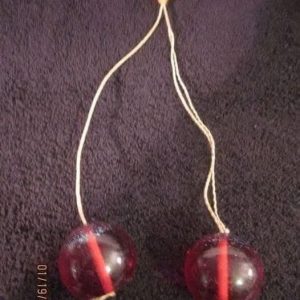The Meaning Behind Coins on Military Graves
Placing coins on military gravestones is a quiet but powerful tradition, rich with meaning and respect. What may look like random spare change actually carries a coded message, each coin symbolizing a different connection between the fallen and the visitor.
Though the practice dates back to ancient times, it gained modern significance during the Vietnam War. In a period when expressing grief was complicated by political tensions, veterans began leaving coins on graves as a discreet way to honor fallen comrades. It allowed them to say, “I remember you. I was here,” without speaking a word.
Each coin has its own meaning:
-
A penny means someone visited to pay their respects.
-
A nickel signifies the visitor trained with the deceased.
-
A dime indicates they served together.
-
A quarter shows the visitor was there when the soldier died.
For families, these coins are deeply moving. They represent remembrance not just from relatives, but from fellow service members who once stood beside their loved one. These simple tokens say the sacrifice has not been forgotten.
The tradition continues today, especially in places like Arlington National Cemetery. It’s a humble gesture, but a powerful symbol of honor and solidarity among those who have served.
In a world often loud with ceremony, the soft clink of a coin left behind speaks volumes. It reminds us that remembrance lives on—not just in speeches, but in silent, shared moments of respect.




